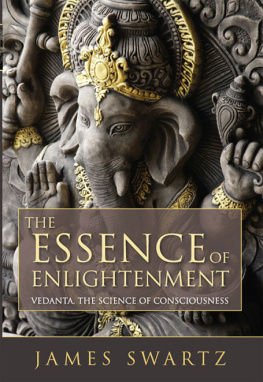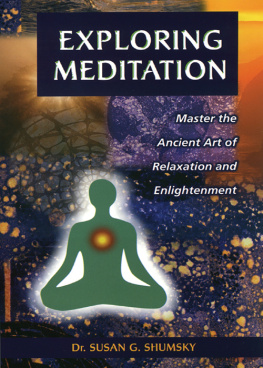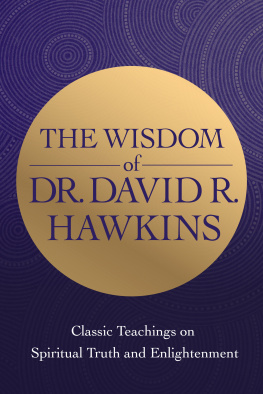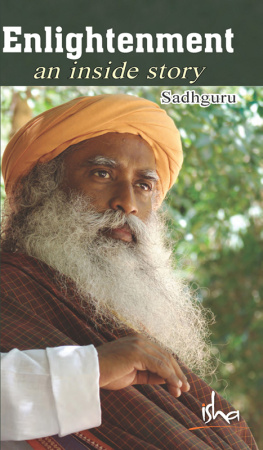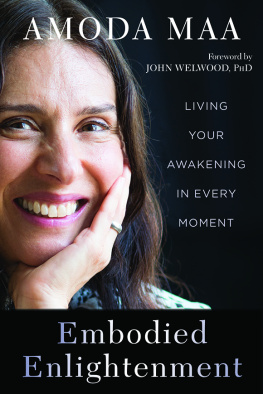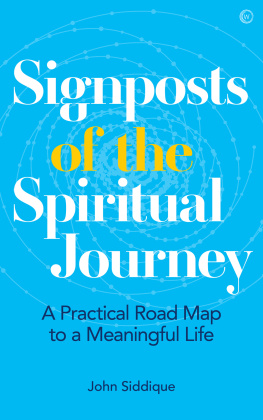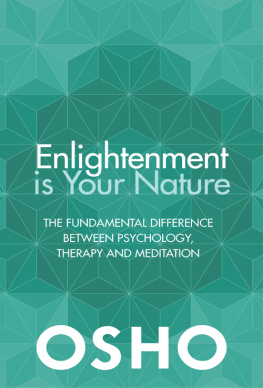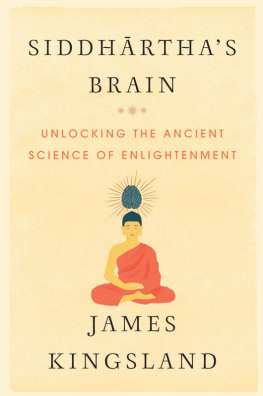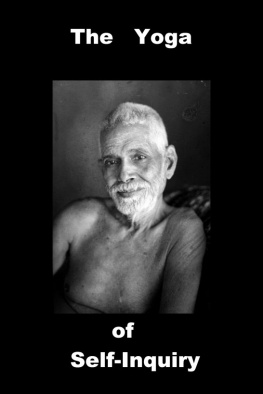How to Attain Enlightenment
How to Attain
Enlightenment
The Vision of Non-Duality

JAMES SWARTZ

SENTIENT PUBLICATIONS
First Sentient Publications edition 2009
Copyright 2009 by James Swartz
All rights reserved. This book, or parts thereof, may not be reproduced in any form without permission, except in the case of brief quotations embodied in critical articles and reviews.
A paperback original
Cover design by Kim Johansen, Black Dog Design
Book design by Timm Bryson
Library of Congress Cataloging-in-Publication Data
Swartz, James Bender.
How to attain enlightenment : the vision of non-duality / James Swartz. -- 1st
Sentient Publications ed.
p. cm.
ISBN 978-1-59181-161-9
1. Vedanta. I. Title.
B132.V3S95 2009
181.48--dc22
2009033858
10 9 8 7 6 5 4
SENTIENT PUBLICATIONS
A Limited Liability Company
1113 Spruce Street
Boulder, CO 80302
www.sentientpublications.com
CONTENTS
The knowledge contained in this book is a great secret that hides itself. Even when it is clearly presented, it is rarely assimilated, because you need to be prepared to understand it. Ordinarily we gain knowledge by experience, but the object of this knowledge lies beyond the scope of perception and inference, the senses and the mind. To know it, another means is required. There is such a means, but it is unlikely that you have come in contact with ituntil now.
It is also a secret because it is extremely valuable. Things that are very valuable are not kept on the coffee table; they are locked away and are only displayed on special occasions. If you find yourself reading these words, it is an occasion to solve a problem that has been trailing you since the day you were born.
This knowledge is valuable because it eliminates suffering. This book will not tell you that you are free of suffering; it will prove that you are free. It will relieve you of your sense of smallness, inadequacy and incompleteness. When you appreciate what you are shown here, you will no longer try to be something you are not. You will no longer wonder who you are and why you are here.
The knowledge that you are about to be given is the king of all forms of knowledge because it is self shining. Other forms of knowledge do not shine on their own. But this knowledgeself knowledgestands alone and rules all others because what you know depends on you, but you do not depend on what you know.
This rare knowledge resolves all divisions. All other forms of knowledge reinforce the duality of subject and object, the division of the knower/experiencer and the objects of knowledge/experience. It is the separation of the person you believe yourself to be and the objects of your experiencefrom which you gain knowledgethat causes you to experience yourself as a limited, incomplete and often inadequate being. When the knower is thought to be different from the known, each limits the other. If I do not understand that the knower is non-separate from the world, I will feel smalleven though I am not small at all.
When I assume that things are divided, I become one of the divided things. I find myself as a distinct unique entity, qualified by any number of factors. From this standpoint, I am forced to transact business in a vast complex world that does not always seem to have my best interests at heart. As the small person I think I am, I can understand a few things, but I can never understand everything I need to know to survive, much less to thrive. The assumption that I am separate from what I know creates many unnecessary problems. For example, although I am not actually subject to time, I believe I am mortal and see my life inexorably slipping away. I erroneously believe that I am limited by health, wealth, love, and many other things.
Knowledge is true to the object of knowledge. When you experience a tree, you know a tree, not a dog or a cat. When you know anything in this world, you are always different from it. However, you are not a known object. The knower of the self and the object of knowledge are the same. The knower/experiencer and the objects of knowledge/experience all depend on you. The knower is awareness with reference to what is known and knowledge is just thoughts manufactured out of you, awareness. They are not different from you, although they seem to be. When you understand this, the division between you and what you know is resolved, destroying all other differences.
Everyone here is a seeker of one of the four categories of knowledge: pleasure, security, virtue or freedom. When you pursue knowledge that depends on the subject/object division, there is always something that you do not know. In every type of relative knowledge, what you do not know is always greater than what you do know. What you think you know often turns out to be false when new information comes in, or when you look at the object of your knowledge from a different standpoint. But self knowledge cannot be falsified, because you are eternal and always present. It is not subject to negation.
Furthermore, no ordinary knowledge is ever complete. Because the universe is a whole, every piece of knowledge is connected to every other piece of knowledge. In the whole, how can you have a piece of knowledge and still call it knowledge? Knowing an aspect of something, you cannot say you know it completely. But self knowledge is complete, because you are a partless whole.
This book is more than a mere book. It is the ancient science of self knowledge. It is not the philosophy, beliefs or opinions of some musty ancient sages or the author, although you will find some of the authors opinions relating to the topic of enlightenment in it. It is the result of the realization of the non-duality of all things and forty years of study of the science of self inquiry. Do not read this book. Immerse yourself in it. Had you been able to solve the riddle of your existence on your own, you would have done so by now. Allow it to guide your investigation. It will certainly demystify the mystery of existence and awaken the realization of your non-separation from everything.

Every living being responds to life according to its programming. Although barely conscious, plants unfold their complex and wonderful forms from within tiny seemingly intelligent seeds. Somehow they learned how to ingest water, turn towards the light and reproduce.
A hound hunting a rabbit does not question its own behavior. A force hidden deep within it interprets a scent and sends adrenaline flooding through its system, compelling it to bay loudly and salivate excessively as it moves relentlessly toward its prey. It sinks its sharp teeth into the soft flesh and happily wolfs down its meal without a trace of guilt. Whether its victim munched tender organic grass in the wild or fed on hay contaminated by agribusiness pernicious chemicals is of no concern to it; it is not programmed to think.
In the never-ending search for the edge in the survival game, consciousness evolved the intellect. Somehow apes figured out that ants living in the trunks of trees could be extracted with the help of a blade of grass or a thin twig, providing them with an easy source of protein. Although incapable of understanding mathematics or composing symphonies, monkeys, dogs, cats and many other species have somehow developed a rudimentary capacity to think. Fido brings the evening paper to the master sitting in his easy chair after a hard days work and is rewarded with a bone. A pair of dolphins guide a confused whale caught in a maze of delta waterways to the freedom of the open ocean.
Next page

